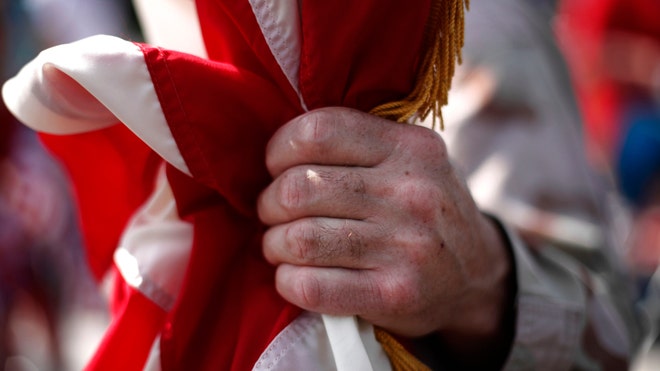
Ability to make ourselves important questions.
This is the point. Children when they are small often ask quaint and charming
questions even during Mass.
“Daddy, why does Jesus look so sad on the cross?” “Mommy why is the
priest wearing that long dress (alb)?”
“Why is there smoke coming out of that silver chain thingy (incense)?” It
is when they have learned all about what their eyes, ears, nose, and other
senses can tell them that they then grow bored with Mass. The same can be said of us adults. When
we have heard most of the bible stories, know most of the responses, know when
we sit and when we stand, have heard most of Father’s homilies we become
bored. If we are raised Catholic
then this period of time might even come when we are still adolescents. We know
what Mass is all about, and we become bored with it. We then usually fall into
one of two mindsets. We go to Mass because it is the right thing to do, or we
stop going to Mass. So what is the solution? If we are going to Mass thinking
that we know what the Mass is all about, and we just have to go because we are
supposed to, then, to use an old phrase, we have “missed the boat.” Just like the child who gave up on math
because he had mastered addition and subtraction, we have in a very real sense
given up on Mass. The Mass is meant to
be a time whereby we grow in our relationship with God. When we go to Mass as children we think
that going to Mass is about listening to the readings and the homily and then
receiving Holy Communion. This
idea of Mass is often carried into our adulthood, and if when are honest about
it, we grow bored of Mass. But
this is a child’s understanding of the Mass. Being bored is neutral; being
bored is about not receiving what we want. We want something new when we are bored. When we enter into
the adulthood of our faith, we realize that going to Mass is not just about sitting
passively listening to the readings and gospel, and then receiving Holy Communion. When we enter into a true adult faith
we realize that going to Mass is about engaging with God himself. It is about growing in relationship
with God Himself. Today is a good time to think about something serious: Do I
hold a conversation with you, Jesus when I come to church? Do you talk to me
and I hear you, or you talk to me and I do like I do not hear You? ■ Fr Agustin













